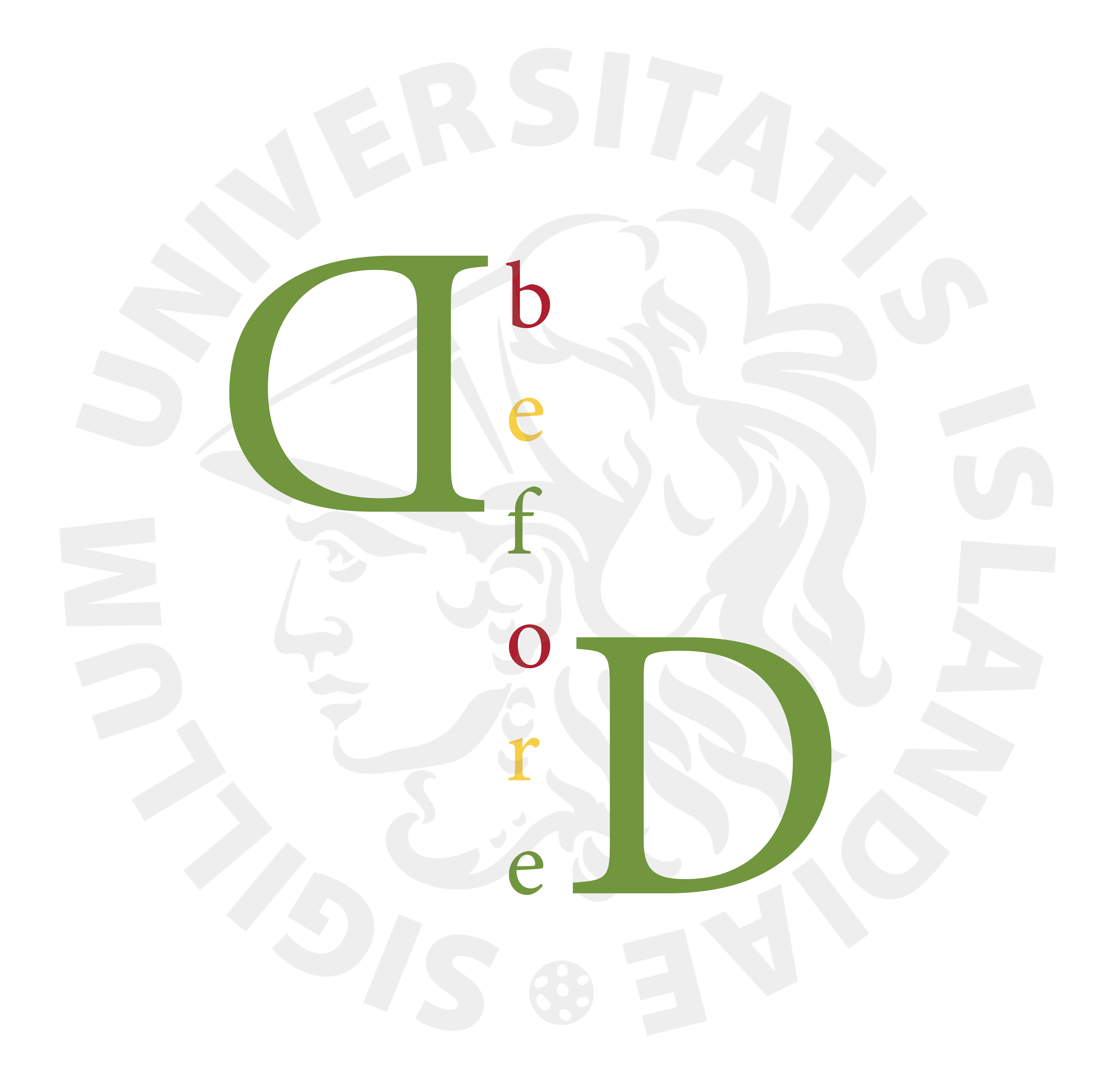
Disability before disability
The interdisciplinary project: ‘Disability before disability’ (DbD) is situated within the field of Disability Studies (DS), a field that has grown rapidly over the last two decades. In short, DS is a critical, interdisciplinary field designed to investigate the interaction between bodies and minds perceived as disabled and the various aspects of culture and society.
The project set out to open up new and understudied perspectives and unheard voices from the past by investigating ‘disability’ (as a concept and embodied experience) in variety of sources from the medieval Icelandic prose literature through history to the personal narratives in the 20st century, artefacts and archaeological evidences.
This approach provided the opportunity to investigate society and culture from a radically new perspective and to elucidate the experiences of a social group that have largely been ignored in research of this time period.
The project was innovative in terms of methodology, using bottom up approach to understand the meaning and experiences of disability for various individuals in their social, cultural and historical context.
Opportunity for young scientists and academics
During this project emphasis were on training young scientists within the disciplines in interdisciplinary research methods, building on the intertwined methodologies and co-operation.
Interdisciplinary research project- eight disciplines
By blurring the boundaries of various fields, combining data, methods and approaches and using disability studies orientation as both field and tool of analysis provided a way of demonstrating the complexity of a subject that has often been dismissed as simplistic. In this regard, the project saw its main agenda as being in congruence with the field of disability studies, namely to challenge traditional and stereotypical approaches, definitions and ideologies regarding disability and the social reaction to and treatment thereof in the context of disability in the past.
The Centre for Disability Studies
Verkefnið er hýst hjá Rannsóknarsetri í fötlunarfræðum við Háskóla Íslands.
The Centre for Disability Studies was established on March 3, 2006. The Centre is an interdisciplinary site created for research in the area of disability studies in Iceland. It operates under the auspices of the Social Science Research Institute in the School of Social Sciences at the University of Iceland.
The Centre has a wide ranging national and international collaboration with scholars, universities and research centres in a number of countries, and works with advocacy groups, disabled people’s organizations, policy makers, agencies and professionals in the field of disability. The aim of the Centre is to increase and strengthen research in the field of disability with an emphasis on interdisciplinary scholarship, including social, cultural and human rights approaches. By bringing together teaching, research, policy and practice the Centre plays an important role in innovation and knowledge in the field of disability. Professor Rannveig Traustadóttir Professor of Disability Studies is the director of the centre, Assistant Director is Hanna Björg Sigurjónsdóttir, Professor of Disability Studies. Other members of the centre are James Gordon Rice, Snæfríður Þóra Egilson and Stefan Hardonk.

International Collaborators
Tom Shakespeare
Dr. Tom Shakespeare Professor of Disability Studies at Norwich Medical School, UK.
David Turner
Dr. David Turner Professor of History at the University of Swansea, UK.
Josh Eyler
Dr. Josh Eyler Associate Professor of History and Director of CTE at the Rice Center of Teaching Excellence.
Simo Vehmas
Dr. Simo Vehmas Professor of Disability Studies at Stockholm University.
Irena Metzler
Dr. Irena Metzler Research Professor at the University of Swansea in Wales.
Elaine Gerbere
Elaine Gerbere Associate Professor of Anthropology, Montclair State University.
The project Disability before Disability is hosted by the Research Center for Disability Studies at the University of Iceland.
University of Icleland | Sæmundargötu 2 | 101 Reykjavík | Email: hbs@hi.is
This project was funded by the Icelandic Centre for Research funds no. 173655-051
